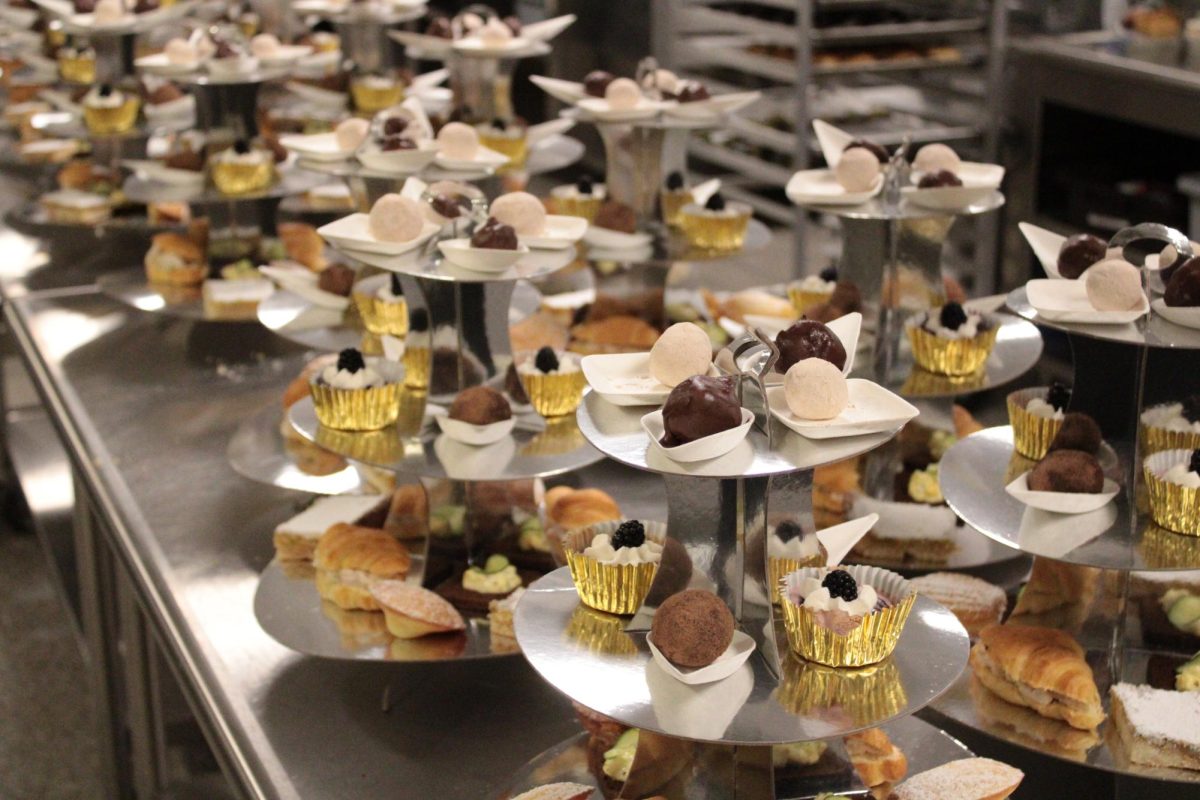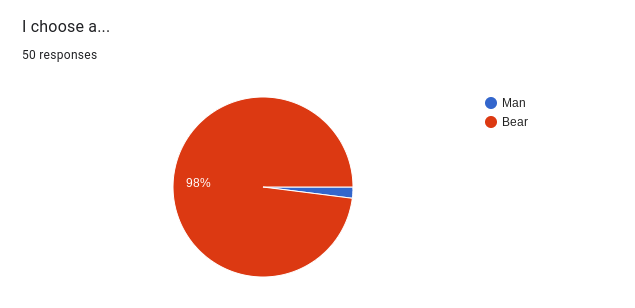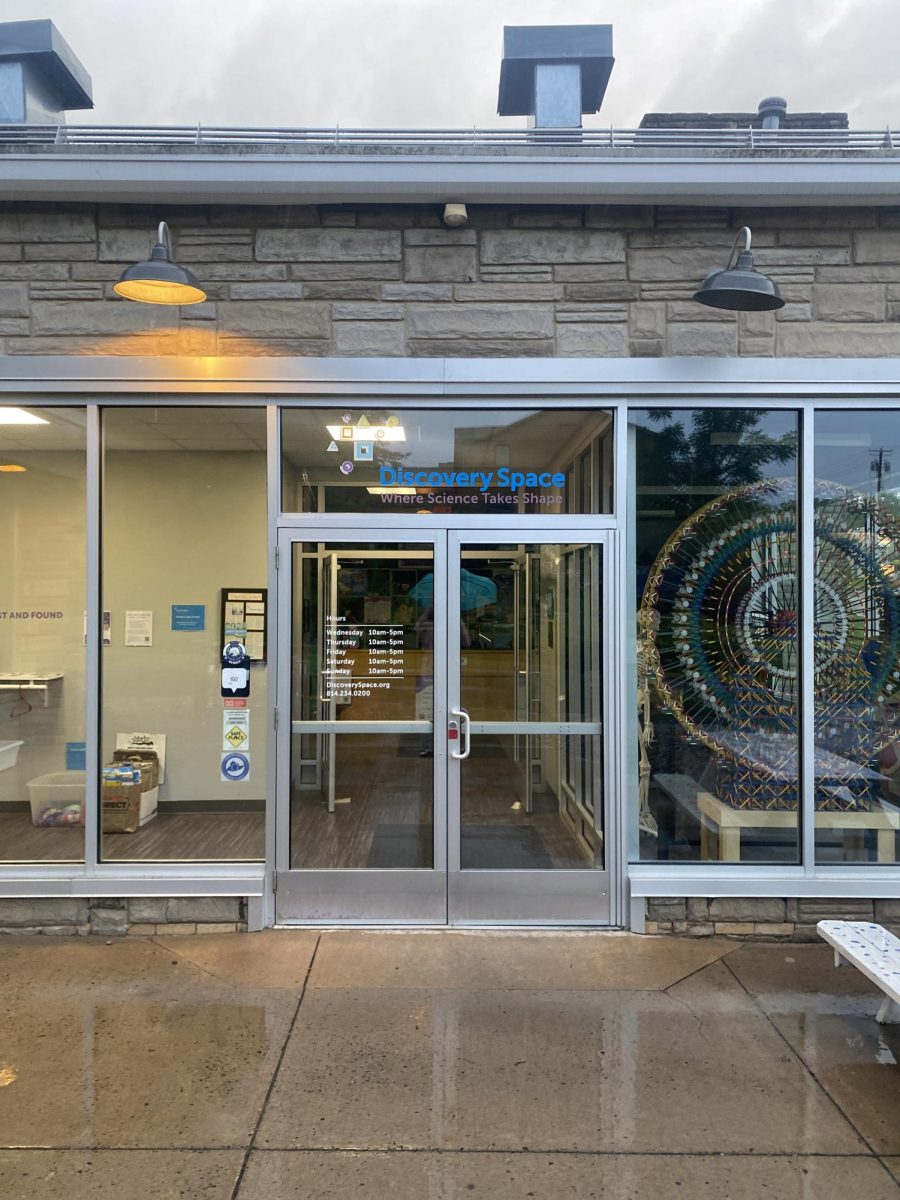A model student is where excellence is expected and perfection is the standard. Part of having success means having an undeniable drive. But how is this drive pushed?
Arguments centered around healthy and unhealthy stress have risen over the past couple of years. Multiple studies from institutions like Stanford, Berkeley, and the American Psychological Association published works on the idea of healthy and unhealthy stress.
It’s undeniable that students thrive with motivation. A lot of the time, motivation for students is being the best and nothing less. What better place is there for a kid to exhibit the best of their abilities than in their community and, most notably, in school?
Academic pressure, according to Pacific Teen Treatment, is defined as “an experience in which a student is burdened by the demands of time and energy to achieve specific academic goals. The stress can come from a variety of potential sources and have a myriad of impacts on students both emotionally and academically.”
A dramatic change in a student’s academic performance most likely indicates something more significant going on. This is closely followed by a social shift in a student as well. This all correlates with life stressors and mental illness which includes depression, anxiety, and post-traumatic stress disorder (PTSD).
PTSD affects a student’s academic performance. Academic pressure oftentimes only serves as an additional stressor to these students and capitalizes on their need to overcompensate through strong motive to prove or validate themselves through work.
People going through waves of PTSD feel at a loss of control. A great way to regain that control is to redirect any lasting physical or emotional energy into an assignment, test, or project.
State High student Lanie Herlocher stated, “I’ve definitely gone through tough times where school work has felt a lot harder to manage as a result. It really impacted me because I already felt like I didn’t have enough time to care for myself, so using that extra time I needed for school work made me start to fall behind. I feel like the way I coped might not have been best, but I just started to neglect my homework until day off and I would finish all my classes homework for the week in one night — which was very stressful but at least gave me the time I needed to figure out the other things I needed.”
Academic pressure redirects a student’s need to focus energy on their mental well-being on school work. This sets a student up for burnout. Burnout can take days, weeks, and months and doesn’t look the same for each person. This cultivates more pressure than needed on a student when they notice their mental and physical state is declining alongside their grades. This is where the pressure thrives. Students at their most vulnerable are expecting to regain traction over their lives with the expectation that they’ll “pull through” and “make the best” out of their situation.
But without tending to what a student needs, it’ll be almost impossible to redirect a person back to a healthy state of mind where work isn’t exchanged with peace of mind. With PTSD specifically, intrusive memories as well as avoidance, negative changes in mood/ thinking, and changes in physical/emotional responses are unavoidable.
Senior Maggie Campbell went into depth about how her SA experience affected her school performance.
“From experience after someone has had an uncomfortable physical encounter, they don’t feel safe in their body. When they don’t feel safe, they can’t learn with proper stability,” Campbell stated. “This has a huge impact on key aspects of education such as attention span, test-taking, communication, and more. Certain triggers or reminders of the trauma can derail their whole day, in which those responses are never the victim’s fault.”
Understanding that responses of PTSD are normal and never a person’s fault takes mental strength and time. Things like grades and tests should never take over a person’s need for space to heal.
It is important for the responsibility to heal to not only be placed on the individual but also on support from outside sources like school counselors and teachers is important. Once students go through stressors and triggers and begin to conflict with work and performance, it’s easy to get left behind. The extra mental toll on a child who, for instance, placed high merit on their academics begins to notice their grades falter, it’s easy to lose sight of themselves. This marks the beginning of a cycle that needs to be broken.
Delta Shanone Geraty stated, “If you look at the people going through these things it’s hard to tell at first the things they’re going through. But oftentimes, it’s reflected through things like grades and test scores and just academic performance. And oftentimes, I feel that these kids are not cut enough slack for the things that they go through that cause these academic issues.”
Initiatives within our community need to be put into place to support and provide a place for students to allow themselves to regear into a stable environment. Schools need to place plans to train educators to catch signs of students who need mental support before academic pressure takes over.
It’s important to note that not all students are the same. They are not their grades or their experiences. Both should not be so heavily intertwined as they are now. If a student is not performing as their peers under pressure, it is not a reflection of the student’s drive. This is the same for a student who performs better under pressure. It is time to stop measuring or expecting a student’s worth based on their merits and how “the best” they seem.








